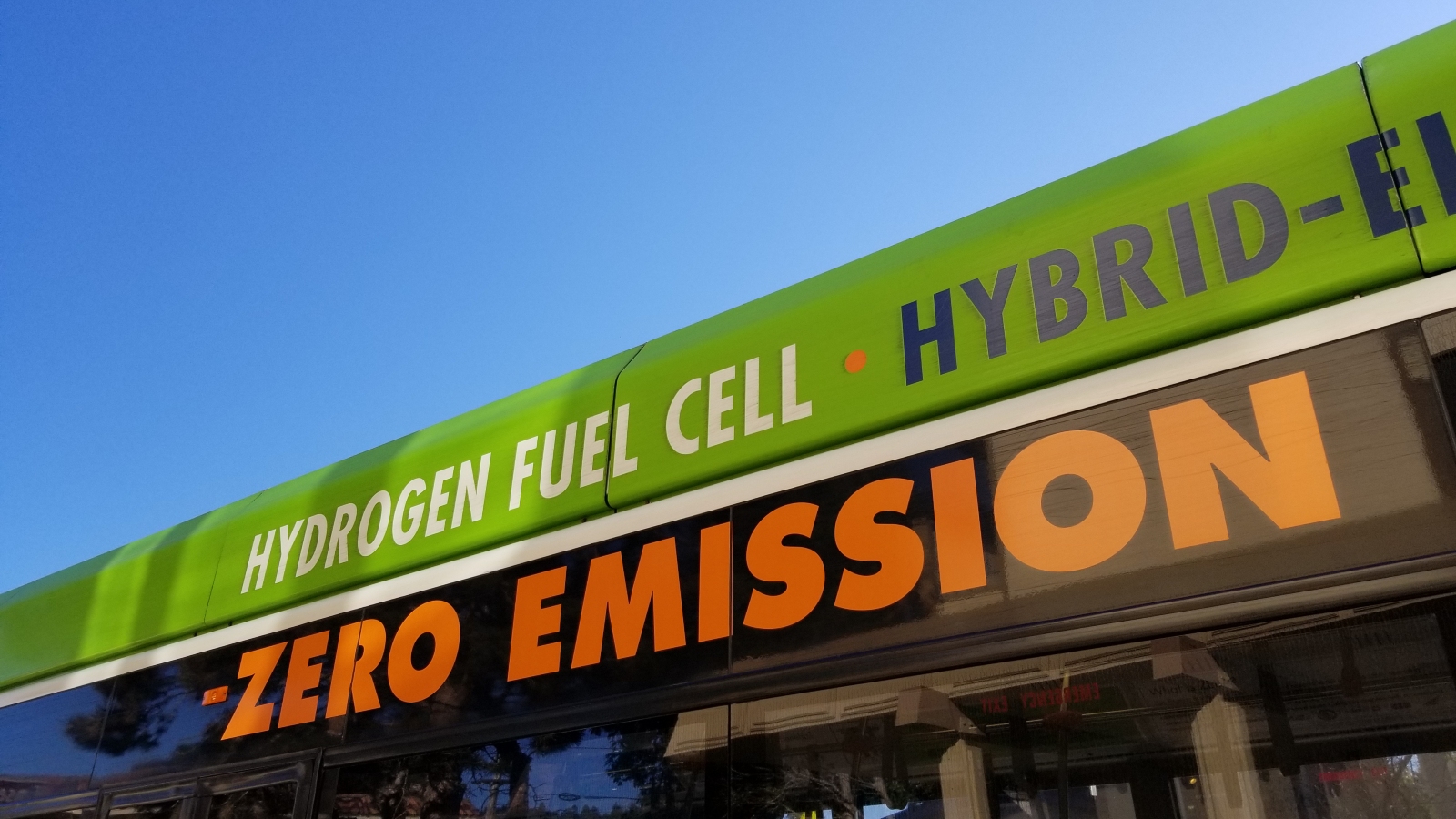Now Reading: Scientists Probe Potential Fuel Reserves Beneath the Midwest
-
01
Scientists Probe Potential Fuel Reserves Beneath the Midwest
Scientists Probe Potential Fuel Reserves Beneath the Midwest

Fast Summary:
- Past Geological Event: Around a billion years ago, the Midcontinent Rift almost split the U.S. in half, leaving behind a scar stretching from Ontario to Kansas.
- Mining Activity: The region is now known for deposits of copper and nickel and has emerged as a hotspot for research into natural hydrogen or “white hydrogen.”
- Importance of Hydrogen: Hydrogen is crucial for decarbonizing industries like trucking, shipping, and aviation.its also essential for ammonia production in fertilizers.
- Challenges wiht Hydrogen Production: Current methods (e.g., green hydrogen via electrolysis) are expensive due to energy intensity; moast current production uses fossil fuels.
- Policy dynamics in U.S.: Green hydrogen tax credits pushed by the Biden governance face reduction under Republican Congress from 2033 to 2028; profitability remains uncertain.
- Discovery of Natural Hydrogen: Scientists increasingly believe naturally-occurring hydrogen deposits could be economically viable sources. A significant reservoir was first discovered in Mali in 2007.
- rising Interest: Over 40 companies are pursuing exploration globally; major firms like BP and Rio Tinto have joined efforts following advancements including an official U.S. map of potential reserves released by USGS.
- Scientific Uncertainty: While natural hydrogen forms continually through geological processes (serpentization), economic viability remains unproven. researchers estimate global reserves could meet clean energy needs for ~200 years but caution against premature optimism.
Read More: Natural Hydrogen Exploration
Indian Opinion Analysis:
India stands to gain considerably from advances in affordable clean energy technologies such as natural hydrogen. As one of the world’s fastest-growing economies with high industrial demand and enterprising decarbonization goals under international agreements, adopting innovations early could reduce dependency on fossil fuels while meeting rising energy needs sustainably.
The discovery of possibly vast reserves raises hope but also highlights challenges – especially uncertainty around extraction costs and scale feasibility noted by researchers like Geoff Ellis.For India, which imports a substantial volume of its fuel requirements and relies on costly green hydrogen advancement initiatives domestically, breakthroughs abroad might signal new partnerships or lower barriers to integrating alternative clean fuels into its economy.
Hydrogen’s role extends beyond powering transportation; it remains essential for fertilizers critical to India’s agriculture sector bolstering food security amidst climate shifts. While global markets race toward viable solutions backed by exploratory studies emerging from regions like Michigan’s Midcontinent Rift or Mali’s reservoir success story – India must closely monitor commercial advancements while strategically evaluating domestic prospects tied to geological mapping reforms announced previously at G20 climate summits.


























